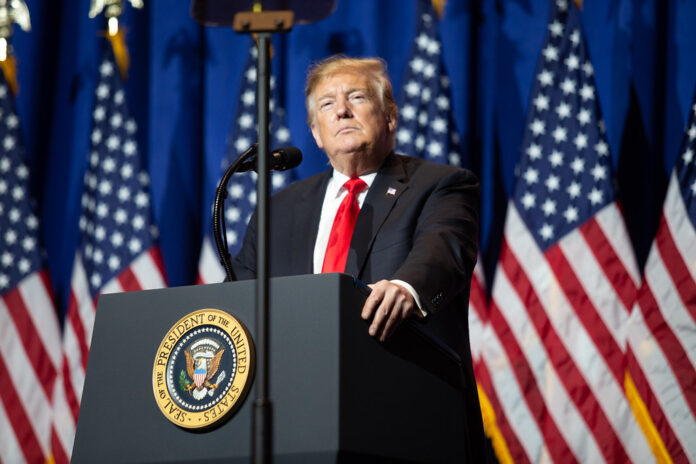Key Takeaways
- A creepy hand-drawn Epstein doodle surfaced as a supposed birthday note from Trump.
- Legal demands grow to release Jeffrey Epstein’s files as Congress gets estate documents.
- Attorney Arick Fudali calls the Epstein doodle proof of Trump’s ties to Epstein.
- Survivors push for justice, closure, and criticize government delays and sweetheart deals
Introduction
A strange hand-drawn card has grabbed headlines this week. It shows a woman’s body sketch and mentions “secrets” over and over. The signature reads “Donald.” This so-called Epstein doodle allegedly came from President Trump for Jeffrey Epstein’s birthday. Trump denies both sending the card and a close friendship with Epstein. Yet, an attorney for Epstein’s survivors calls the doodle “creepy” and “proof” of their bond.
What We Know About the Epstein Doodle
Attorney Arick Fudali represents 11 survivors of Jeffrey Epstein’s abuse. He spoke to CNN on Monday after the House Oversight Committee released new estate documents. Among them was this unsettling Epstein doodle. The drawing shows a curvy woman and phrases like “wonderful secrets.” It fits on a birthday card dated to 2011.
Fudali says the card reads more like fan fiction than a formal note. He finds its wording odd and its tone disturbing. “It looks almost like a private script between them,” he said. He also notes that the doodle fuels suspicions about Trump and Epstein’s real relationship. Although Trump has repeatedly denied a deep friendship, the card casts fresh doubt.
Why the Epstein Doodle Raises Questions
First, the small drawing implies intimacy and hidden meetings. Second, the repeated word “secrets” hints at private knowledge shared. Third, the casual tone contrasts sharply with Trump’s public denials. Together, these details make the Epstein doodle hard to ignore.
Moreover, lawmakers and the public now demand answers. Survivors and their legal team want the full Epstein files released. They argue these files could name more abusers and explain how Epstein kept his crimes hidden for years. The odd birthday message only adds fuel to their calls for transparency.
Survivors Push for Justice
Last week in Washington, D.C., survivors held a powerful press conference. For some, it was the first time they spoke about the abuse publicly. They stood together and urged the government to hold high-profile abusers to account. They described the event as both emotional and empowering.
However, hopes have dimmed since. The government has moved slowly to share the Epstein files. No law enforcement or Justice Department official has contacted Fudali or the survivors. They feel shut out from key meetings. In fact, they say no survivor representative has even appeared at some oversight sessions.
At the same time, news emerged of a “sweetheart deal” for Ghislaine Maxwell. She faces child trafficking convictions but moved from a high-security prison to a minimum-security facility in Texas. Survivors saw this as another example of the system favoring powerful figures.
The Road Ahead for Epstein Files
Survivors want closure. They hope the files will show every detail of Epstein’s ring and name all participants. Some reports suggest Epstein abused as many as three women a day for decades. If true, more alleged traffickers could be exposed.
Next, Congress might issue subpoenas to get the files. The House Oversight Committee already obtained estate documents, but key pages remain sealed. Courts will likely decide if names and testimony stay private or become public records.
Finally, survivors aim to meet face-to-face with justice officials. They want to tell their stories without fear or delay. They demand a seat at the table whenever decisions about Epstein’s legacy happen.
Conclusion
The Epstein doodle may seem like a small item. Yet, it symbolizes a larger fight for truth and accountability. As calls intensify to release Epstein’s files, this odd birthday note keeps the spotlight on Trump and his past ties. At the same time, survivors press on, seeking justice, closure, and the end of silence.
Frequently Asked Questions
How did the Epstein doodle become public?
Congress received estate documents from Epstein’s team. Among them was the hand-drawn card, which lawmakers then released.
Why do survivors call the doodle “proof”?
Their attorney says the tone and personal sketch link Trump and Epstein in ways denials cannot erase.
What do survivors want from the government?
They want full access to Epstein’s files, fair representation in meetings, and accountability for all abusers.
Could more names emerge from the files?
Yes. Reports say Epstein may have abused multiple women daily. Files could reveal other high-profile participants.

